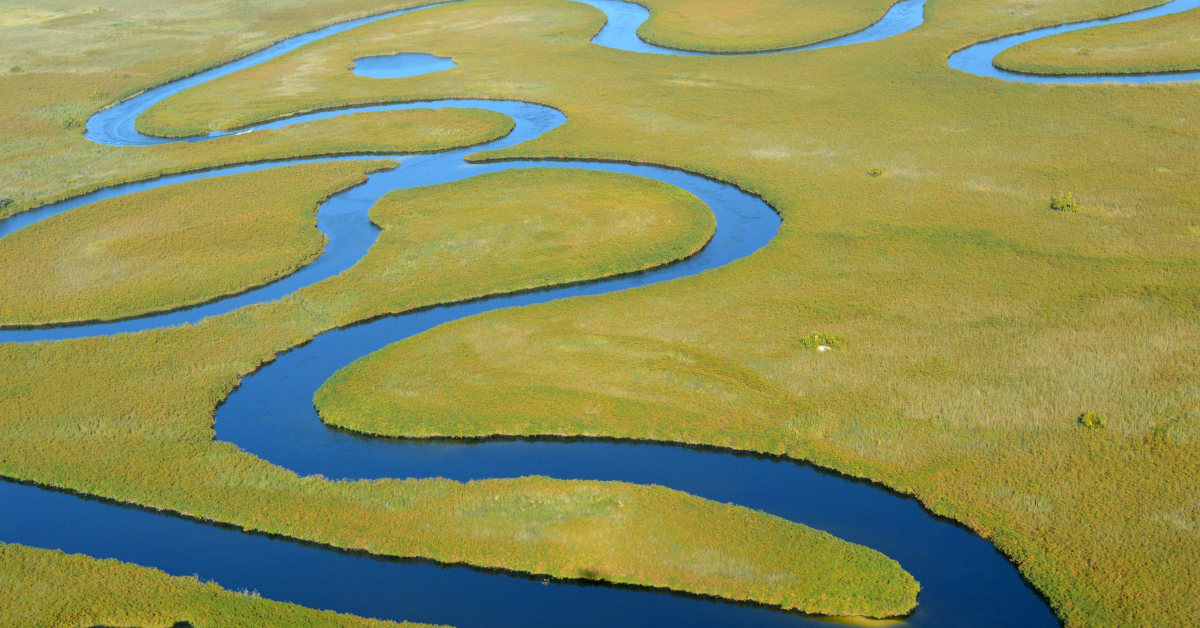In Japanese, “Botswana” is written in katakana, and no kanji representation exists. The country’s name originates from the Tswana language, reflecting its unique history and culture. For Japanese people, Botswana is strongly associated with safaris and untouched nature, while also being recognized for resources, international cooperation, and sports.
Why There Is No Kanji Representation of Botswana
The name “Botswana” comes from the Tswana language and literally means “the land of the Tswana people.” The Tswana are the country’s main ethnic group, and their name was adopted as the nation’s title. In Japanese, when foreign countries or place names are written, the focus is placed on sound rather than meaning, and katakana is the standard choice.
Historically, some Western place names were translated into Chinese characters through sound-based approximations. However, in Botswana’s case, such a process never took place due to limited early contact. Even if arbitrary kanji were assigned, they would lack practicality and would not be accepted as official usage.
The Image Japanese People Have of Botswana
For Japanese people, Botswana is one of the African countries that carries a relatively positive image. This perception is shaped by its abundant natural resources, political stability, and rich tourism potential.
| Main Images Japanese People Hold | Details |
|---|---|
| Natural Environment | Safaris, Okavango Delta, wildlife in Chobe National Park |
| Resource Wealth | Recognition as a leading diamond-producing country |
| Political Stability | Known as one of Africa’s more stable democracies |
| International Cooperation | JICA activities and the presence of Japan Overseas Cooperation Volunteers |
In tourism, keywords like “safari experience,” “untouched nature,” and “elephants and giraffes” dominate the perception. In the economic sphere, Botswana is often seen as “a resource-rich success story in Africa.”
The Tourism Appeal of Botswana
The most symbolic tourist attraction in Botswana is the Okavango Delta, a UNESCO World Heritage site. Its seasonal flooding creates a unique ecosystem that supports an extraordinary diversity of wildlife. Travelers can explore the wetlands by canoe while spotting hippos, crocodiles, and exotic birds.
Additionally, Chobe National Park is famous for having one of the world’s largest elephant populations. Watching entire herds cross rivers or gather at watering holes is a moving experience for visitors.
| Tourist Attraction | Features |
|---|---|
| Okavango Delta | A changing wetland ecosystem, home to a wide variety of plants and animals |
| Chobe National Park | Known for massive herds of elephants |
| Kalahari Desert | Offers both vast desert landscapes and the culture of the San people |
For many Japanese travelers, these destinations represent a “once-in-a-lifetime African safari” experience.
Botswana and Its Resources
Botswana is one of the world’s leading diamond-producing nations. Since gaining independence, the country successfully developed its diamond mines, using the revenue to improve education, healthcare, and infrastructure. This has allowed Botswana to maintain one of the higher living standards in Africa.
In Japan, Botswana is widely recognized as a “resource-based success story.” News reports frequently mention diamonds when the country is introduced.
| Resource | Impact |
|---|---|
| Diamonds | Main source of national income, invested in education and infrastructure |
| Copper and Nickel | Secondary but important exports |
| Tourism Revenue | Helps diversify income and reduce reliance on mining |
While resource dependency poses risks, the country’s stable governance has enabled sustainable growth.
Japan and Botswana in International Cooperation
The relationship between Japan and Botswana goes beyond tourism and resources, extending into international cooperation in education and healthcare. Programs led by JICA and the activities of the Japan Overseas Cooperation Volunteers have played a key role in building ties between the two nations.
These efforts not only benefit Botswana directly but also make the country feel more familiar to Japanese people. Many returnee volunteers share their experiences, strengthening Botswana’s image as a “safe and friendly country.”
Sports Culture in Botswana
Botswana also garners attention in the field of sports. The country has produced notable athletes in track and field, particularly in short- and middle-distance running, who have competed in the Olympics and World Championships. Though rarely reported in Japan, their achievements are recognized among sports enthusiasts.
Soccer is the most popular sport in Botswana. The Botswana Premier League provides entertainment and fosters community connections, while also playing an important role in youth development.
| Sport | Features |
|---|---|
| Track and Field | Known for strong short- and middle-distance runners |
| Soccer | National sport with a vibrant domestic league |
| Boxing and Martial Arts | Growing in popularity among young people |
Through sports, Botswana has the potential to deepen its ties with Japan, expanding exchanges beyond tourism and economics into cultural and educational fields.
The Appeal of Botswana for Japanese People
For Japanese people, Botswana offers more than just safaris. It combines natural beauty, resource wealth, political stability, international cooperation, and sports culture. These diverse qualities make the country uniquely appealing.
Travelers value Botswana as a destination where they can safely enjoy Africa’s wilderness, while partnerships in education and healthcare create personal connections. In the future, sports exchanges could introduce Botswana to even younger generations in Japan.
Conclusion
The name “Botswana” originates from the Tswana language, and in Japanese it is only written in katakana, with no official kanji form. The impressions Japanese people hold include unspoiled nature, resource wealth, political stability, familiarity through international cooperation, and emerging recognition in sports.
Looking ahead, Botswana will likely become even more familiar to Japanese people, not just as a tourist destination but also through education, culture, and sports exchanges. This multifaceted connection ensures that Botswana will continue to be seen in an increasingly positive light.






